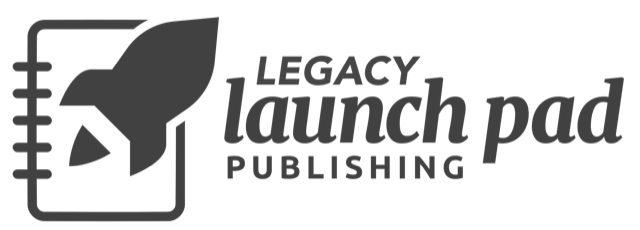
Podcasts Don't Sell Books (And That Shouldn't Matter to You) (Essay)
A few months ago, an author named Amie McNee got the golden ticket: Jay Shetty invited her on his podcast. After the experience, she expected what anyone would: a major jump in sales. What happened instead?
Nothing. (And she was cool enough to write about it.)
Now, to be clear, “nothing” is all relative. As Jane Friedman broke down, McNee sold 3,487 copies in her first week of release and about 12,000 copies over the first three months. Her Instagram following is about half a million; she has a Substack with 26,000 subscribers.
In other words, “nothing” to her is not what “nothing” is to many writers (she sold around 300 copies the week of the podcast’s release, but had sold that same number [actually a few more] the week before.)
That being said, the likelihood of tons of listeners buying an author’s book when they’re on a massive podcast is not great. Jay Shetty listeners are fans of Jay Shetty, not of Jay Shetty’s guests. It is a misconception to believe that we can step into an influencer’s orbit and automatically be able to borrow their audience.
There are exceptions of course: last year, on a flight to Austin, I was sitting next to a comedian named Ron White. I didn’t know who he was but when he told me he was flying to Austin to open for Joe Rogan, I asked a bunch of questions and he was super cool and answered them all.
One thing he told me is that he’d talked on Rogan’s podcast about doing ayahuasca at a place called Rythmia Life Advancement Center in Costa Rica and that Rythmia later told him that his mention on the show transformed their business.
Now, White isn’t an author (he actually has written a book but it’s safe to say he doesn’t introduce himself as an author first). Still, he was on the world’s biggest podcast talking about something and tons of people who heard him went and spent a lot of money on that something.
So why did it “work” in this case? Well, White is something of a regular on Rogan (he’s been on the show at least five times). He performs with Rogan and seems to be in the inner circle. Also, he was talking about something many Rogan fans would be into: alternative treatments. Plus, he didn’t personally benefit from his recommendation so it meant a lot more. Finally, there are people who think going to a tropical location to do ayahuasca is a lot more appealing than reading a book1.
All of this means that the audience was primed for White’s recommendation and trusted him more than they would the average Rogan guest. I have to imagine that if White promoted a new book on Rogan, that would very much move the Amazon needle.
So if going on podcasts is so useless for most of us when it comes to selling books, why do I tell all our clients to go on podcasts?
Because you shouldn’t approach publishing a book with a goal of selling a boatload of copies. You should approach it with the goal of attracting the right people to you—and to your business. When I went on Good Morning America for Make Your Mess Your Memoir, my Amazon number didn’t budge. But, over time, the appearance brought in probably hundreds of thousands of dollars in new business.
As I often say, I’d rather sell 100 books to my ideal readers and clients than 10,000 to people who will be mostly indifferent.
My second client ever was someone who heard me on Joe Polish’s I Love Marketing podcast and reached out to see if I could write and publish his book. I barely even had a company then.
I discovered Alan Weiss when I heard him on Noah Kagan’s podcast. I then bought his book and when I finished it, bought a ticket to his next event in New York. In other words, that one interview he did converted me into someone willing to fly herself to another city and buy a not inexpensive ticket to his event.
(BTW, at that event, Alan went around the room and asked each of us how we’d heard about the event—that is, what “converted” us into paying customers. Then he marked down what everyone said. He was trying to make the point that a book is the best marketing tool that exists—and he did. And I have proof because I took a picture!)
That’s not to say that a podcast interview can’t generate a lot of book sales. Alex Sanfilippo told me about someone he knew who went on a podcast a year after his book came out and sold 1000 copies.
But if selling books is your goal, you’re setting yourself up for at the very most failure and at the very least an uphill battle.
Just think about it like this: have you ever been in a situation where you had to work really hard to make someone like you? You’re basically tap dancing for approval? And then you’re suddenly around people who like or love you and you realize it doesn’t have to be that hard?
That’s what trying to sell the world versus trying to sell the people who will love and appreciate and buy from you feels like.
The numbers may follow. Ryan Holiday talks about trying to attract the smallest niche possible because, he says, when you write a book that people feel is so specifically for them, they feel seen and then start telling everyone else to buy your book. You basically convert readers into mini publicists.
That’s why the expression “when it’s for everyone, it’s for no one” exists.
Sure, converting the masses would be great. But I strongly suggest creating a book that does so much for you that the masses would only be frosting on an already delicious cake.


